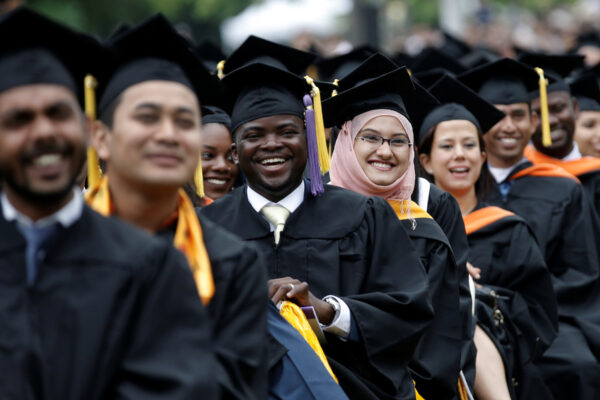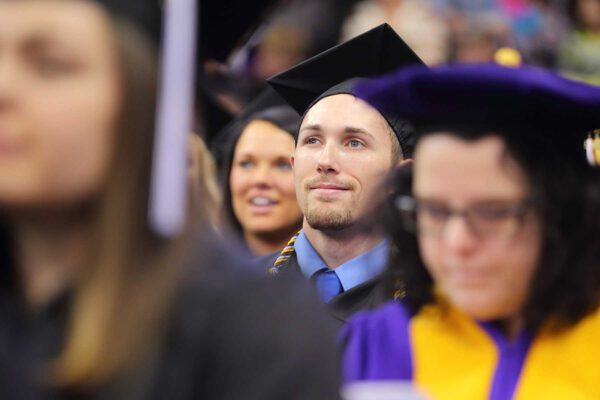Underemployment and Its Long-Term Effects for College Graduates
Title: Talent Disrupted: College Graduates, Underemployment, and the Way Forward
Authors: Andrew Hanson, Carlo Salerno, Matt Sigelman, Mels de Zeeuw, and Stephen Moret
Source: Strada Institute for the Future of Work and the Burning Glass Institute
While higher education is often seen as a key to social mobility and economic opportunity, translating a college degree into a successful career is not automatic. A new report from the Strada Institute for the Future of Work and the Burning Glass Institute finds that many students struggle with this transition, with only about half of graduates with a bachelor’s degree securing employment in a college-level job within one year of graduating.
In this report, college-level employment refers to jobs that require a four-year degree, and underemployment refers to jobs that do not require a bachelor’s degree.
Key highlights from the report include:
- First job matters: Among those that secure a college-level job as soon as they graduate, 79 percent remain in a college-level occupation five years after graduating.
- Underemployment stays with you: Individuals who start out underemployed are 3.5 times more likely to be underemployed a decade after graduation compared to those whose first job is a college-level job.
- Underemployment is a large, persistent problem: Fifty-two percent of graduates with a bachelor’s degree are underemployed one year after graduating, and 45 percent are still underemployed 10 years after completing college. The large number of underemployed individuals demonstrates a mismatch between the graduates coming out of college and the skills and experience employers seek.
- Underemployment causes a long-term financial burden: Eighty-eight percent of underemployed college graduates are severely underemployed, or working in jobs that typically require only a high school education or less.
- College-level employment rates are higher for those with internships: An individual who completes an internship during college has a 48.5 percent lower chance of becoming underemployed.
The report reveals a range of important information for institutions, policymakers, and current and prospective students. Simply boosting educational attainment without being adaptive to labor market demands will not provide measurable benefits for the economy. The increased earnings and career success of students who complete internships indicate that what students do during college is often more important than where they attend. The biggest challenge for both students and staff on campuses will continue to be how to connect individuals to impactful, paid employment opportunities during their college experience.
To read the full report, click here. To read frequently asked questions regarding the report, click here.
—Austin Freeman
If you have any questions or comments about this blog post, please contact us.


